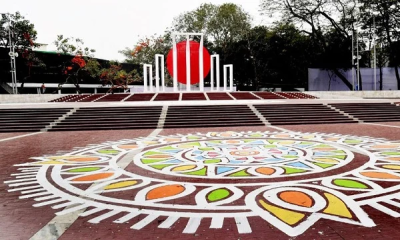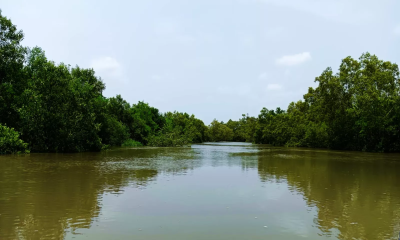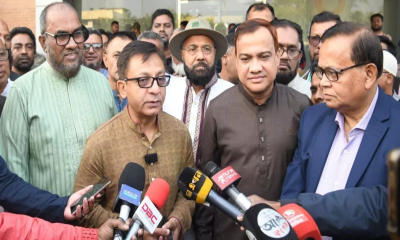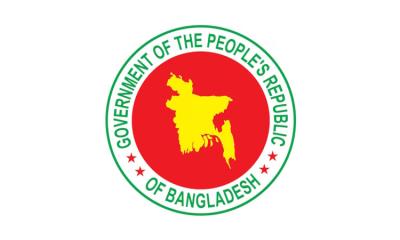Bangladesh authorities should heed international calls for transparent, independent investigations into enforced disappearances, Human Rights Watch said today on the International Day of the Victims of Enforced Disappearances.
In August 2021, Human Rights Watch published a report on enforced disappearances in Bangladesh alongside a webpage documenting 86 cases of apparently disappeared people.
The Bangladesh government’s only response was to deny the allegations. Since then, it has not provided updated information to Human Rights Watch on any of these cases.
On December 10, 2021, the US government designated Global Magnitsky human rights sanctions against Bangladesh’s Rapid Action Battalion (RAB) and top commanders implicated in abuses, particularly enforced disappearances.
The United Nations High Commissioner for Human Rights Michelle Bachelet, during her three-day visit to Bangladesh in August, called on the government to establish a “specialized mechanism that works closely with victims, families and civil society to investigate allegations of enforced disappearances and extrajudicial killings.”
She offered her office’s support to create such a mechanism in line with international standards. Bangladesh’s strategic and trade partners have urged the government to step up measures to hold senior members of security forces accountable and prevent future abuses.
“The evidence of Bangladesh authorities’ involvement in countless enforced disappearances is overwhelming,” said Meenakshi Ganguly, South Asia director at Human Rights Watch. “The Bangladesh government should stop feigning ignorance and work with the UN to provide urgent answers and effective accountability.”
Bachelet urged the Bangladesh government to invite the UN Working Group on Enforced Disappearances to visit Bangladesh to “show a commitment to decisively address this issue.” She also said that Bangladesh should ratify the International Convention for the Protection of All Persons from Enforced Disappearance.
In August, Home Minister Asaduzzaman Khan denied that there had been any enforced disappearances, repeating previous claims that those missing were in hiding to escape prosecution for criminal actions, to avoid debt repayments, or due to family disagreements.
Of the 76 cases included by the Working Group on Enforced Disappearances, the minister said that most had been resolved and that 28 of them had absconded because they faced criminal charges. Families of the disappeared, he declared, had an “ulterior motive” for their protests.
The Bangladesh government has repeatedly failed to respond meaningfully to concerns raised by the UN, foreign governments, activists, and victims’ families regarding grave allegations of torture, enforced disappearance, and extrajudicial killings in the country, Human Rights Watch said.
Other governments should consider joining the US sanctions against security force units and individuals to address the lack of accountability and prevent further abuses. The UN Department of Peace Operations should heed Bachelet’s warning that as “the biggest contributor of uniformed personnel to UN peacekeeping missions, Bangladesh should ensure it has a robust system in place for the careful human rights screening of security personnel.”
“Families of victims of enforced disappearances have spent years being tormented by authorities’ flippant denials about the whereabouts of their loved ones,” Ganguly said. “The Bangladesh government should mark the International Day of the Victims of Enforced Disappearances by taking the first step toward accountability.”














-20260220065859.jpeg)

-20260219110716.webp)
-20260219054530.webp)














